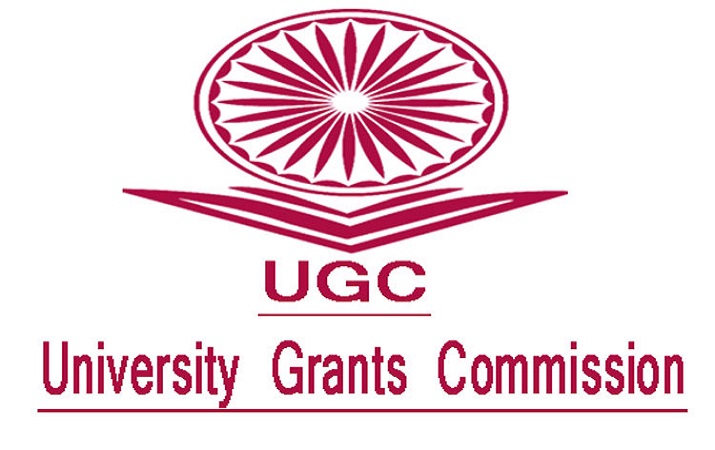Union Education Minister Ramesh Pokhriyal has addressed the concluding session at the ‘Conclave on Transformational Reforms in Higher Education under National Education Policy’ via video conference. On the occasion, the HRD Minister virtually launched UGC Guidelines for Higher Education Institutions to offer Apprenticeship/Internship embedded Degree Programme.
He also said employment generation coupled with improving the employability of the youth is the priority concern of the Government and was reflected in the NEP 2020.
India to have largest working-age population
While launching UGC guidelines Ramesh Pokhriyal said that India is going to have the largest working-age population in the world by 2030. To capitalize on India’s remarkable demographic dividend, it is essential not only to improve the quality of education but also to make it relevant in terms of providing employment opportunities.
He said that this requires a new vision for education-driven dynamically by changing industry needs. The Minister added that improving employability of the youth being the priority concern of the Government, the Union Budget of 2020-21 set out for the introduction of Apprenticeship Embedded Degree Programme to improve employability of general stream students.
Relevance of degree programme
Pokhriyal said that UGC Guidelines for Higher Education Institutions to offer Apprenticeship/Internship embedded Degree Programme will enable the Higher Education Institutions to bring about a paradigm shift in general stream degree programmes and to embed employability support into the curriculum.
He added that the UGC Guidelines will provide an option for Higher Education Institutions to embed Apprenticeship/Internship to all UG degree programme as specified by UGC under section 22 (3) of the UGC Act, 1956.
Several university principals attended sessions
The session I of the Conclave was held on the theme “Holistic, Multidisciplinary and Futuristic Education” and was chaired by Prof. D.P. Singh. M.K. Sridhar, Member, Committee for draft NEP, Prof. Najma Akhtar, Vice-Chancellor, Jamia Millia Islamia and Prof. E. Suresh Kumar, Vice-Chancellor, EFLU were the guest speakers on the session. The speakers touched upon the journey of consultation process of the NEP, exponential growth of knowledge in 21st century, integration of humanities and arts with STEM; and Value-based education.
Prof. K. VijayRaghavan, the Principal Scientific Adviser of Government of India chaired Session II on the subject “Catalysing Quality Research”. Renowned Mathematician and Member, Committee on draft NEP Prof. Manjul Bhargav, Vice Chairman, UGC Prof. Bhushan Patwardhan and former Director IISc, Bengaluru Prof. Anurag Kumar were the esteemed panellist in the session. This session provided an insight into critical role played by academic research nation’s development. The speakers emphasised on the societal challenges India faces and the solutions rooted in top-notch scientific research and innovations.
The thematic discussion moving on to the next session was on ‘Equitable use of Technology for better reach in Education’ and featured the panellists Prof. Bhaskar Ramamurthi, Director, IIT Madras, Prof. Nageshwar Rao, Vice-Chancellor, IGNOU, Dr. Mini Shaji Thomas, Director, NIT, Trichy. Prof. Anil Sahashrabudhe, Chairman, AICTE moderated the session. The Speakers elaborated on how India as a global leader in ICT needs to integrate technology to expand the reach of higher education. The speakers highlighted the need for paying particular attention to emerging disruptive technologies.
Courtesy: INDIA TODAY
Follow us on Facebook, Twitter, LinkedIn.








